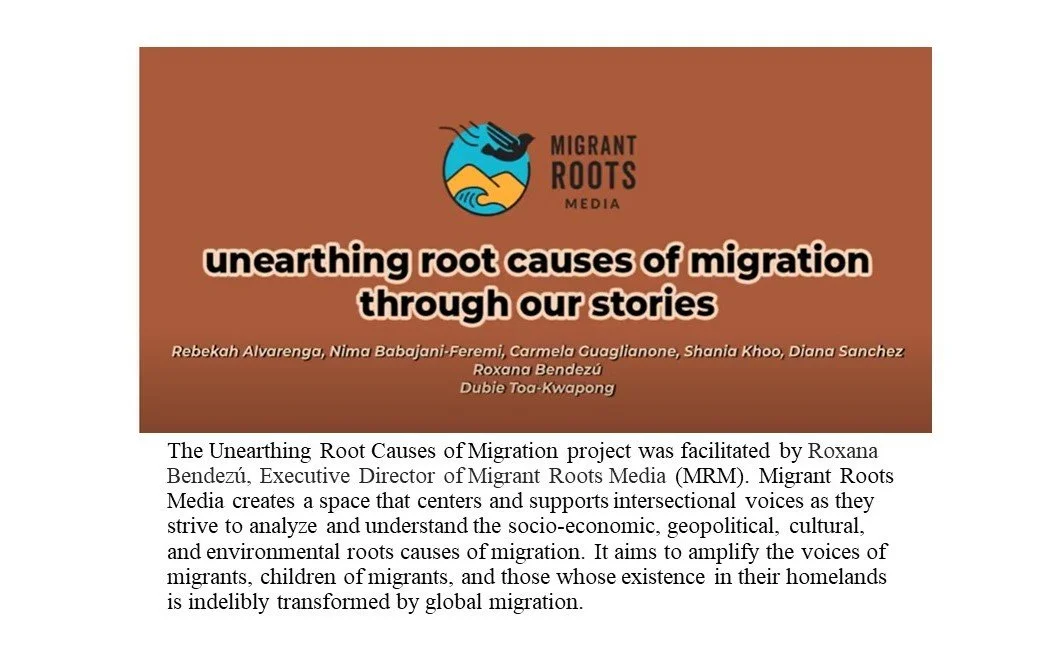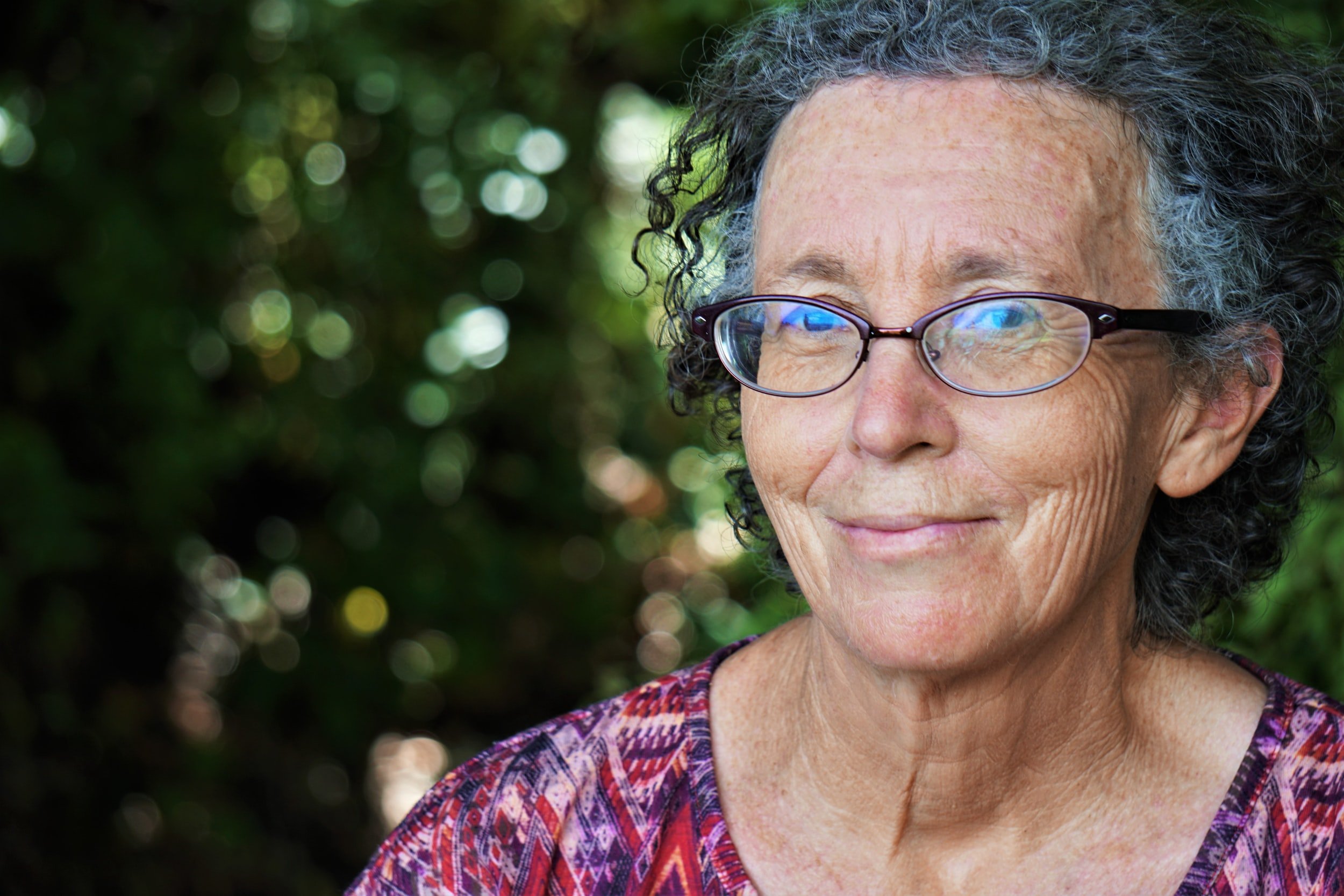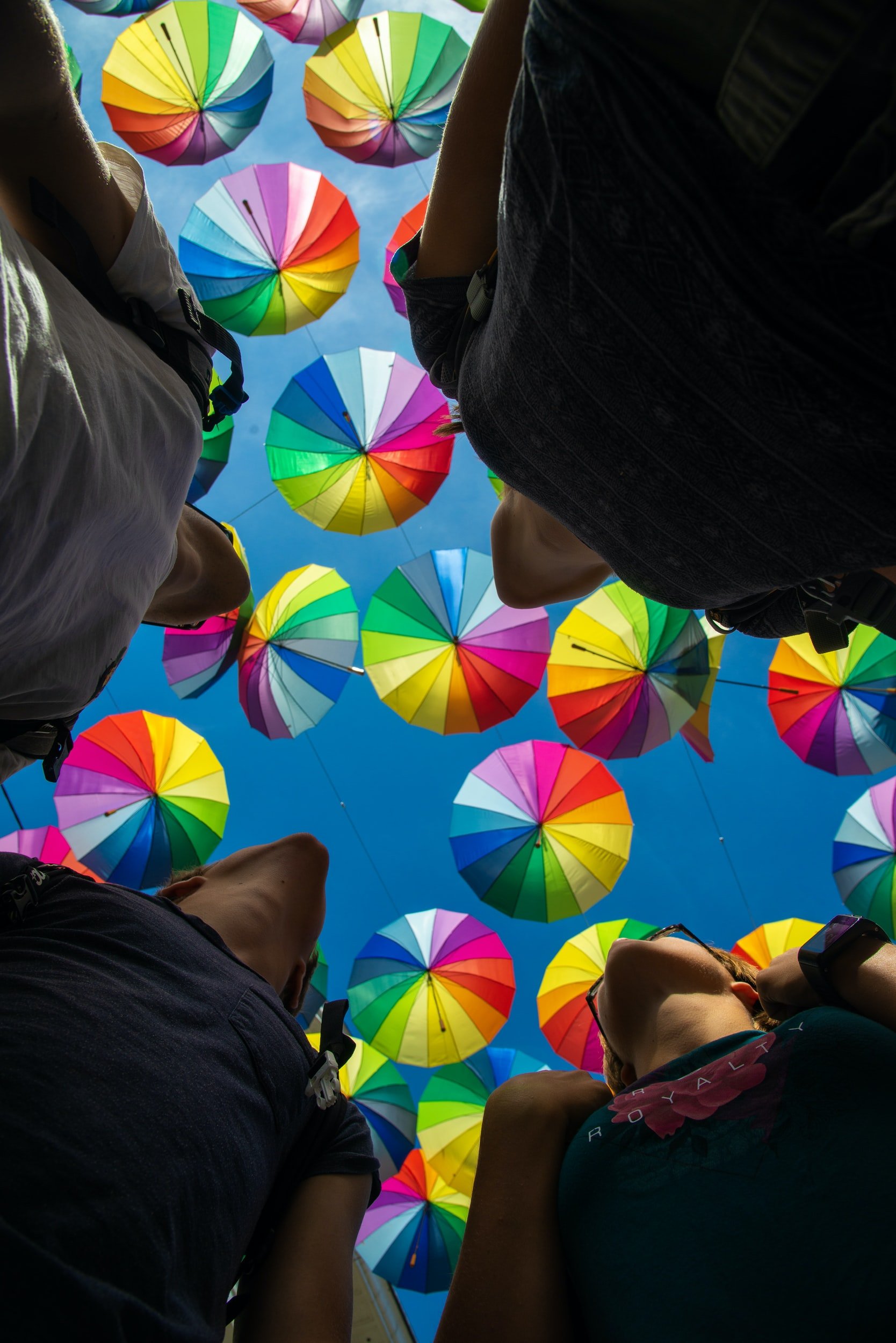Collaborative Writing (on a Book about Collaboration!)
Narelle Lemon and I were introduced by a mutual friend, Helen Kara. Helen was editing a new book series, and wanted to include a book about collaboration, would we write one together? Since we both respect Helen’s judgement, we were willing to pursue the idea. We were both a little nervous about taking on a significant project with a complete stranger, but after meeting we started to develop a working relationship.
We discovered synergy in our styles and in our approaches to collaboration. Along the way, we reflected on our own process as an example of walking the talk about collaborative writing. We worked through time zone differences from Colorado to Melbourne, health issues and distractions that disrupted timelines, and challenging reviews that added more work.
Since Reframing and Rethinking Collaboration in Higher Education and Beyond was published in 2020, Narelle has taken on another huge collaborative effort. She edited a series of books on the theme of self-care for academics. I contributed a chapter to one of them, Creative Expression and Wellbeing in Higher Education.
One of the models Narelle shared has stuck with me: the Circle of Niceness. While this sounds very “touchy-feely,” the fact is, it works. Especially when we are involved in complex, cross-cultural, time-zone-spanning projects, a little bit of niceness goes a long way toward smoothing over the rough spots.
Narelle observes, “My 'circle of niceness' is my tribe. I trust them. We are honest with each other. We give and take. We have admiration for each other. I respect their perspective, and vice versa. We are collegial and show a huge amount of reciprocity and gratitude for one another on many levels. There is a warmth. And there is a genuine mutual respect.”
I asked Narelle to chat about niceness, collaborative writing and editing, in the conversation you can watch here.
More Methodspace Posts about Collaboration
Anna CohenMiller helps us drawing on the 4C's of research: Compassion, Community, Care and Collaboration into our research praxis to develop as individuals and researchers.
This collection of open-access SAGE journal articles includes a variety of perspectives on collaborative research and writing.
Julie Reeves discusses some important points about internal and external collaborations in this interview and post.
Getting started with a new collaborative project? Think about approaches for working with others within a group, intra-group collaboration, or across groups, inter-group collaboration.
Research and writing can be solitary activities. This post from Natalia Reinoso Chávez follows one by Janet Salmons about how two independent researchers have found value in collaborative friendship.
Some barriers to collaboration identified in business relationships can help us think about how to prepare for potential obstacles to success in collaborative research or writing projects.
Dr. Majbritt Lyck-Bowen offers suggestions for collaborative research assignments that include everyone in an online class.
The Director and Assistant Director of the Bass Connections program at Duke University share lessons learned and open access resources for team success in interdisciplinary collaborative research.
Big Data can mean the research is too big to conduct on your own. In this post, find four types of research collaborations involving Big Data, with open-access examples.
Researchers often collaborate with community partners, as discussed in this guest post from PhD candidates from Duke University’s Cultural Anthropology and African American Studies programs.
The focus for October 2022 is on collaboration. What do we mean when we use this term?
In this post Becky De Oliveira discusses lessons learned and practical tips based on her recent doctoral research with older research participants.
Emma Geen, Matthew Lariviere, and Helen Manchester discuss speculative storytelling workshops as a way to use creativity and collaboration to study attitudes towards ageing.
Read this guest post about collaboration and action research by Melissa Parenti.
Interdependence counters isolation some feel as indie researchers and scholars. Friendship helps, as discussed in this video conversation.
What does "Interdisciplinarity" mean for researchers? Key principles are outlined in this post.
How can you learn to be a researcher, particularly in emerging fields of study? Hear this student panel discuss what and how they learned through hands-on research projects.
How can you use comics in research?
Reflections about co-creation in research.
Hear John Creswell and daughter Johanna Creswell Báez discuss their new book, 30 Essential Skills for the Qualitative Researcher.























Learning while doing: collaborating on a book about collaboration.